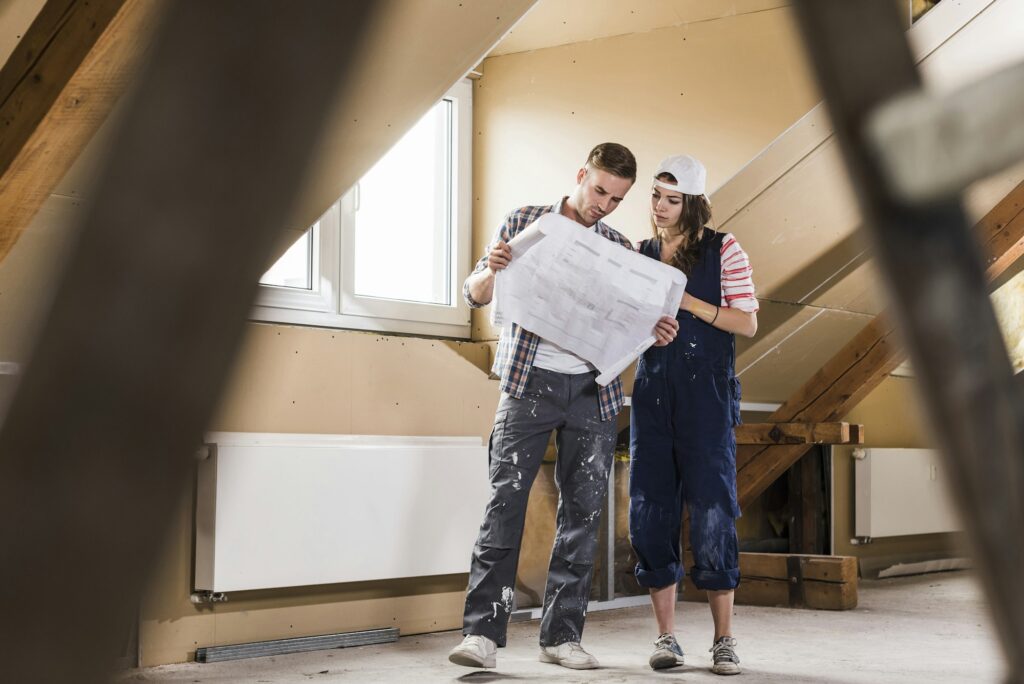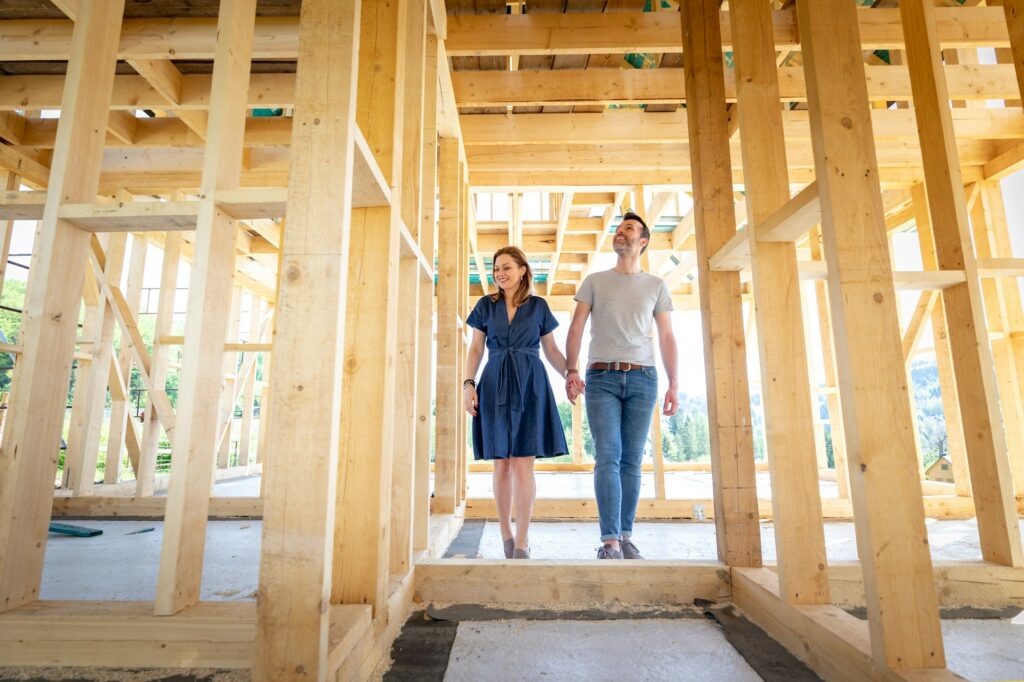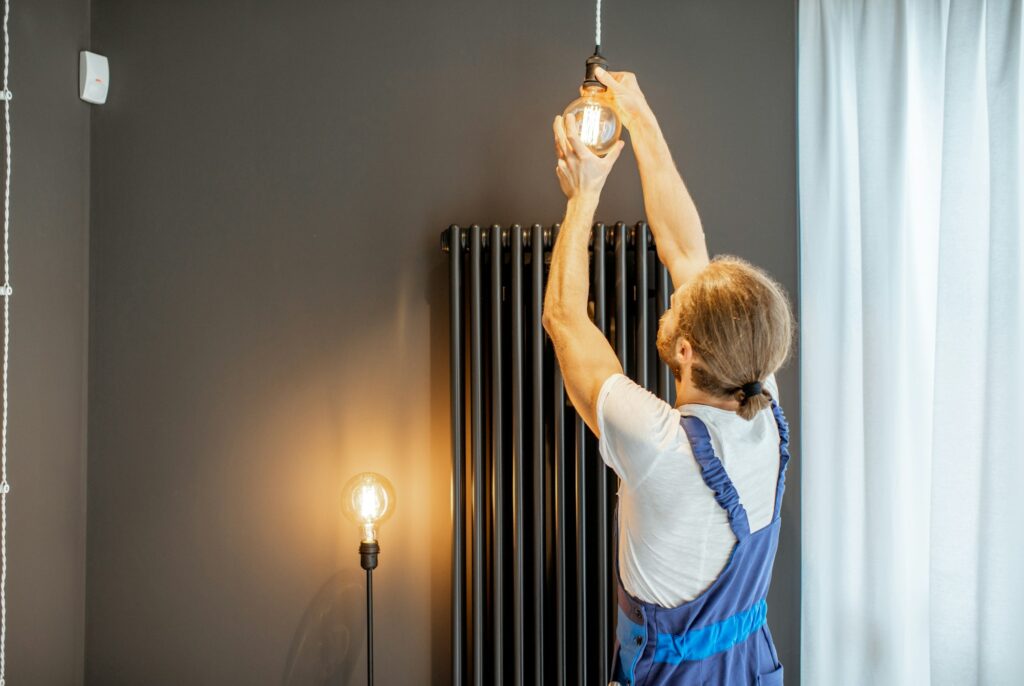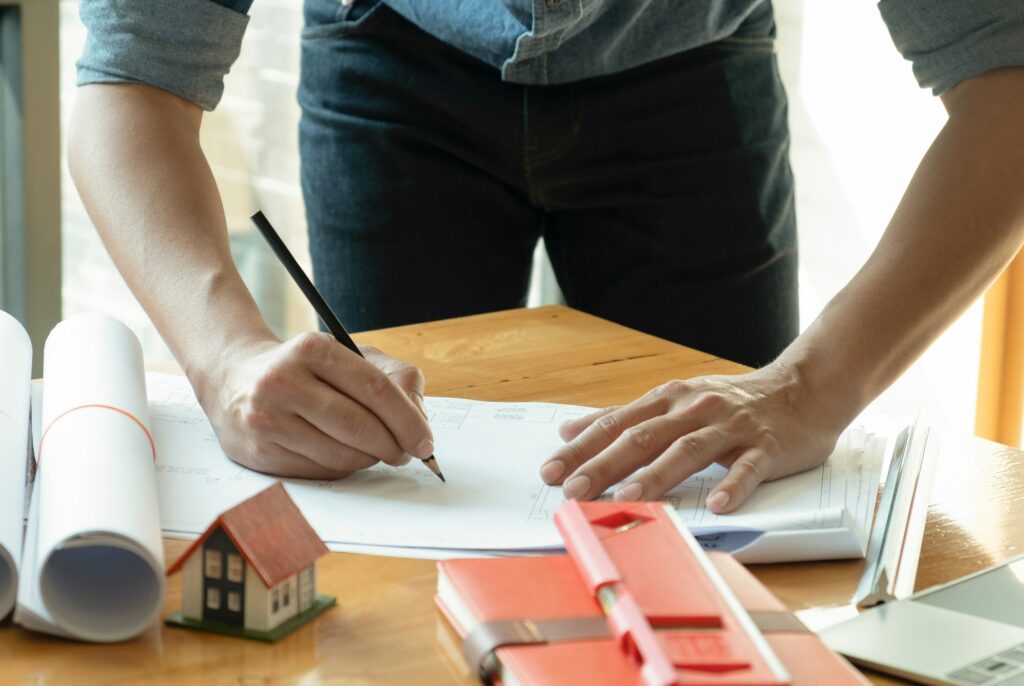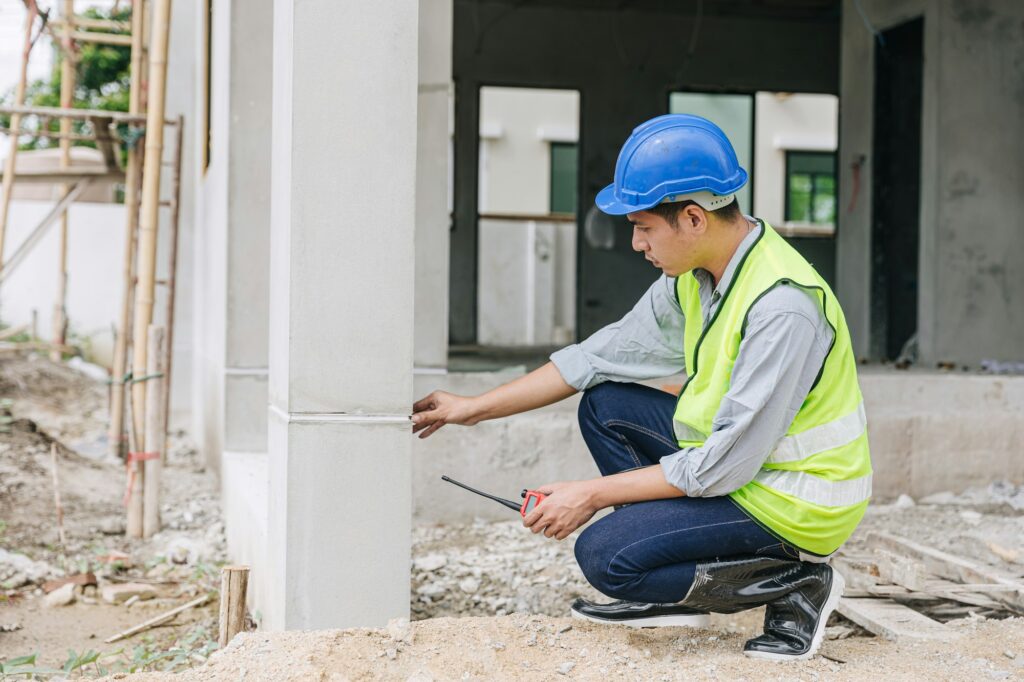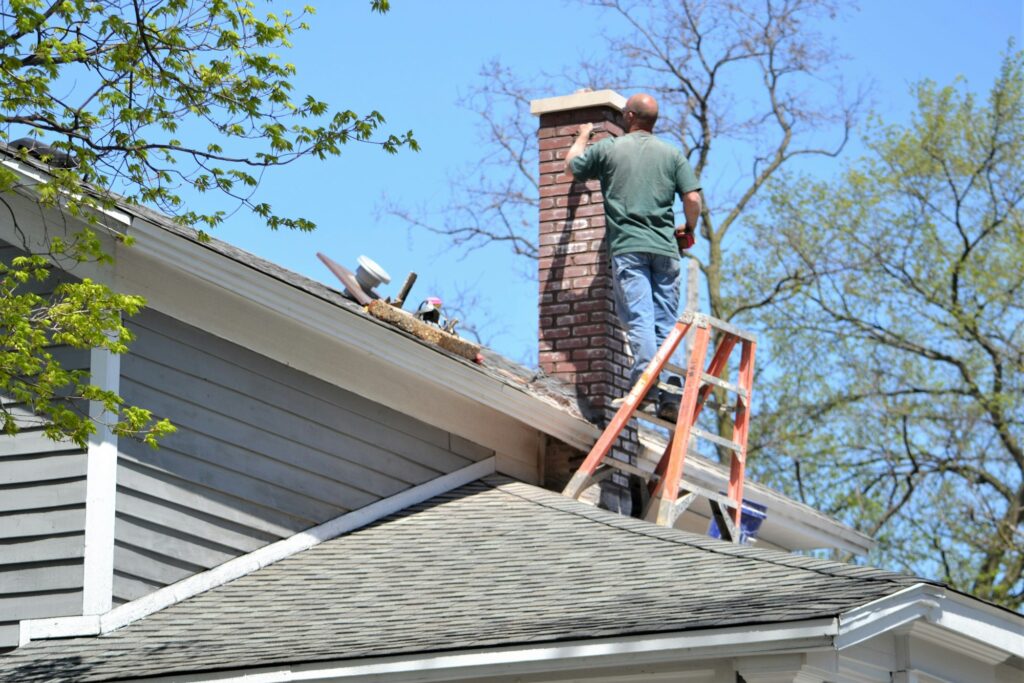Building a custom home is an exciting endeavor that allows dreams to become realities. It’s your opportunity to design the ideal home that perfectly reflects your style and caters to your lifestyle needs. However, putting your dream into construction requires a well-planned budget. As they say, “If you fail to plan, you plan to fail,” let’s take a minute to understand the primary factors to consider while budgeting for your custom home build in advance, easing the process towards achieving your dream.
“Creating a dream home isn’t just about the perfect designs, luxurious amenities, or even the ideal location; it’s also about creating a feasible budget plan that it takes to make it real.”
Understanding the Basic Costs of Building a Custom Home
An integral part of planning your custom home build is setting a clear and realistic budget. This initial financial plan will lay the groundwork for your construction project and help prevent you from overextending your resources. As you probably know, the expenses associated with building a custom home extend far beyond the cost of the land and contractor services.

You must delve into a detailed budget breakdown that includes varied essentials from land to fees and fixtures. Key elements of the budget breakdown typically include the cost of receiving permits, addressing site preparation concerns, funding the construction of the foundation and major systems, as well as adding the final touches of interior finishes and fixtures. Being aware of these costs is crucial for managing your expectations and ensuring a smoothly run build.
Bear in mind that the cost of materials used is a vital element of your budget. Material costs can fluctuate depending on current market conditions, any material shortages, and even related transportation costs. Therefore, it’s crucial to keep yourself well-informed about these marketplace dynamics and adjust your budget accordingly.
Lastly, don’t forget about the legal fees associated with custom home projects. Legalities involve a wide range of tasks like ensuring code compliance, obtaining permits, and handling contracts. These are all essential parts of the construction process and therefore need to be allocated proper funds in your budget.
Deciding on the Size, Style, and Layout of Your Custom Home
When budgeting for a custom home build, it’s essential to reflect on the design specifics you want to incorporate. Identifying the size, style, and layout of your custom home is a meaningful part of this process. It’s your opportunity to infuse your personality into the structure, creating a space that conveys your style and accommodates your unique lifestyle.
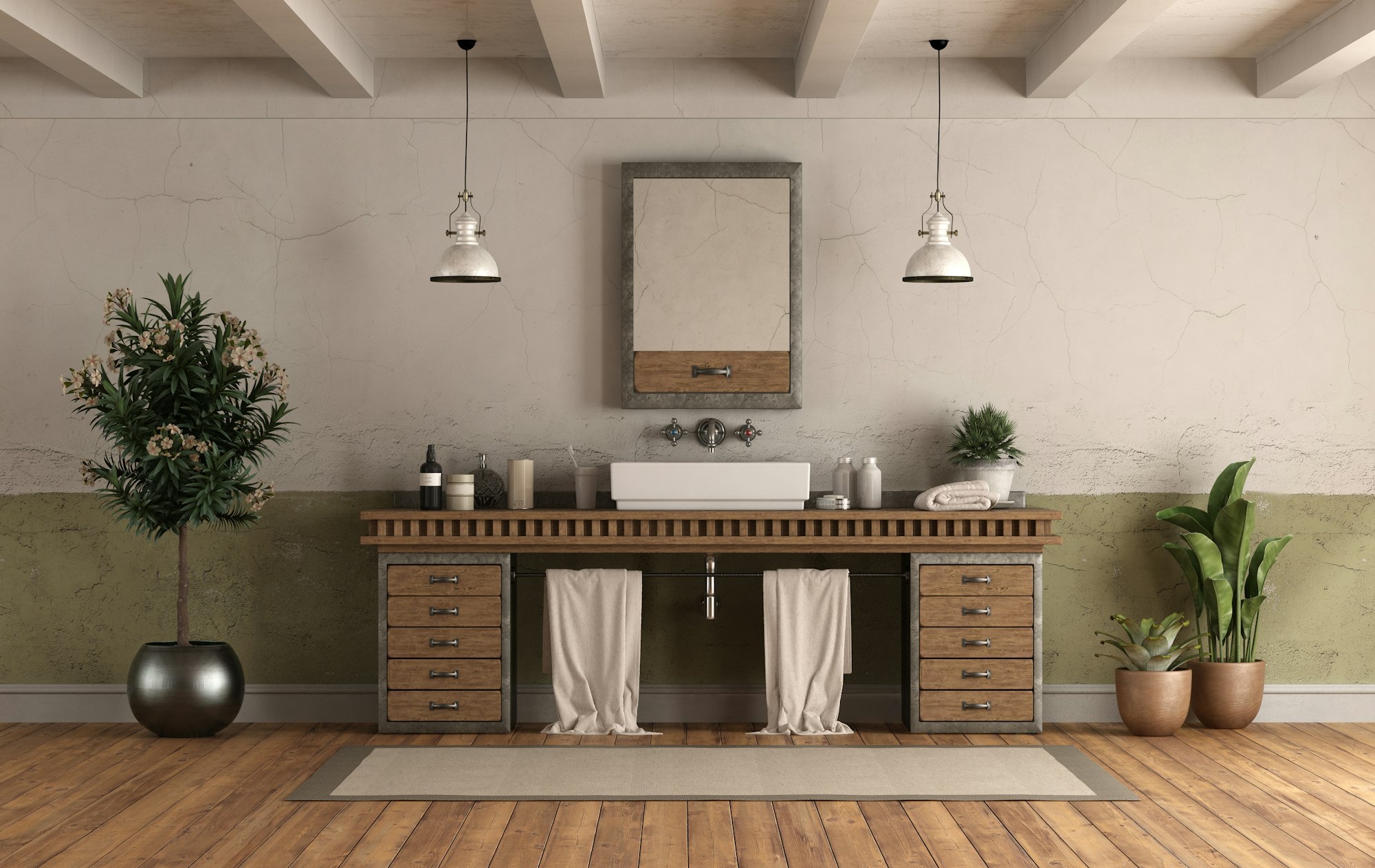
The square footage of your home is a dominant factor affecting its cost. The size of your home significantly influences the budget. The layout, on the other hand, affects how this space is utilized. Open floor plans may afford more usable space while segmented designs might offer increased privacy.
Additionally, the style of your home, be it rustic, contemporary, modern farmhouse, or something uniquely yours, can impact the budget. Typically, more intricate designs require a higher level of craftsmanship and more expensive materials, which can drive up costs. However, more simplistic designs can be affordable while still making a dramatic impact with well-placed features and high-quality materials.
In visualizing your dream home, jot down specifics about each room, detailing the desired functionality and design elements. Think about the whole home features that you can’t forego, like finishes or eco-friendly materials. Don’t forget, each detail you add to your dream home ties into your budget.

Once you have your ‘must-have’ list ready, share it with your architect and builder. A detailed list will serve as an invaluable tool to leverage during the design and product selection phase, helping to focus your choices and stay within your budgetary boundaries.
Remember, your custom home is more than just a building; it’s a reflection of your family and lifestyle. As you undertake this exciting journey, use reality as your yardstick. Striking a balance between what your heart desires and what your budget permits will undoubtedly yield a home that you’ll love and enjoy for years to come.
Choosing the Right Location for Your Custom Home
It’s important to understand how the cost of land fits into your total budget before you commit.
Yet, it’s not just about the cost. Make sure to consider factors like the site’s topography. A flat piece of land may require less work and thus be more cost-effective than a sloped one. Similarly, take time to check any zoning restrictions or covenant conditions that might impact your construction plans and budget.
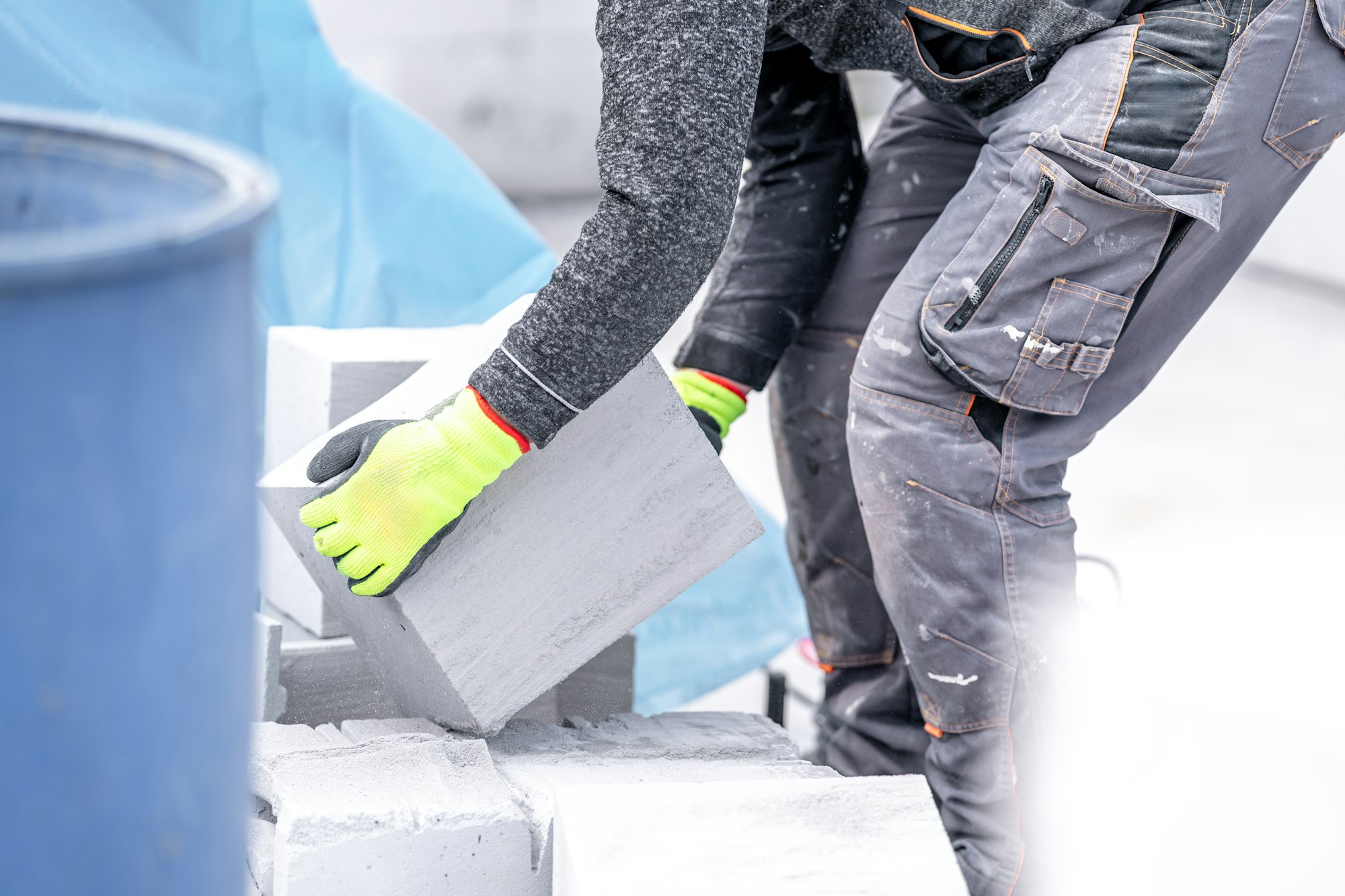
Another point to keep in mind is future growth in the area. While it’s impossible to perfectly predict these trends, it’s good to have an idea of the local housing market’s current trajectory. Being aware of potential growth can significantly influence your property’s value in the long term, turning your custom home into a wise investment.
Importance of Selecting a Reputable Custom Home Builder
First, it is absolutely critical you select an experienced custom home builder. The right builder not only brings your dream home to life but also offers a wealth of knowledge and expertise in cost-effective building methods which can help you stay within budget. They have a deep understanding of construction costs, and how different design choices can impact your bottom line, allowing them to guide you towards decisions that meet both your aesthetic goals and budget.
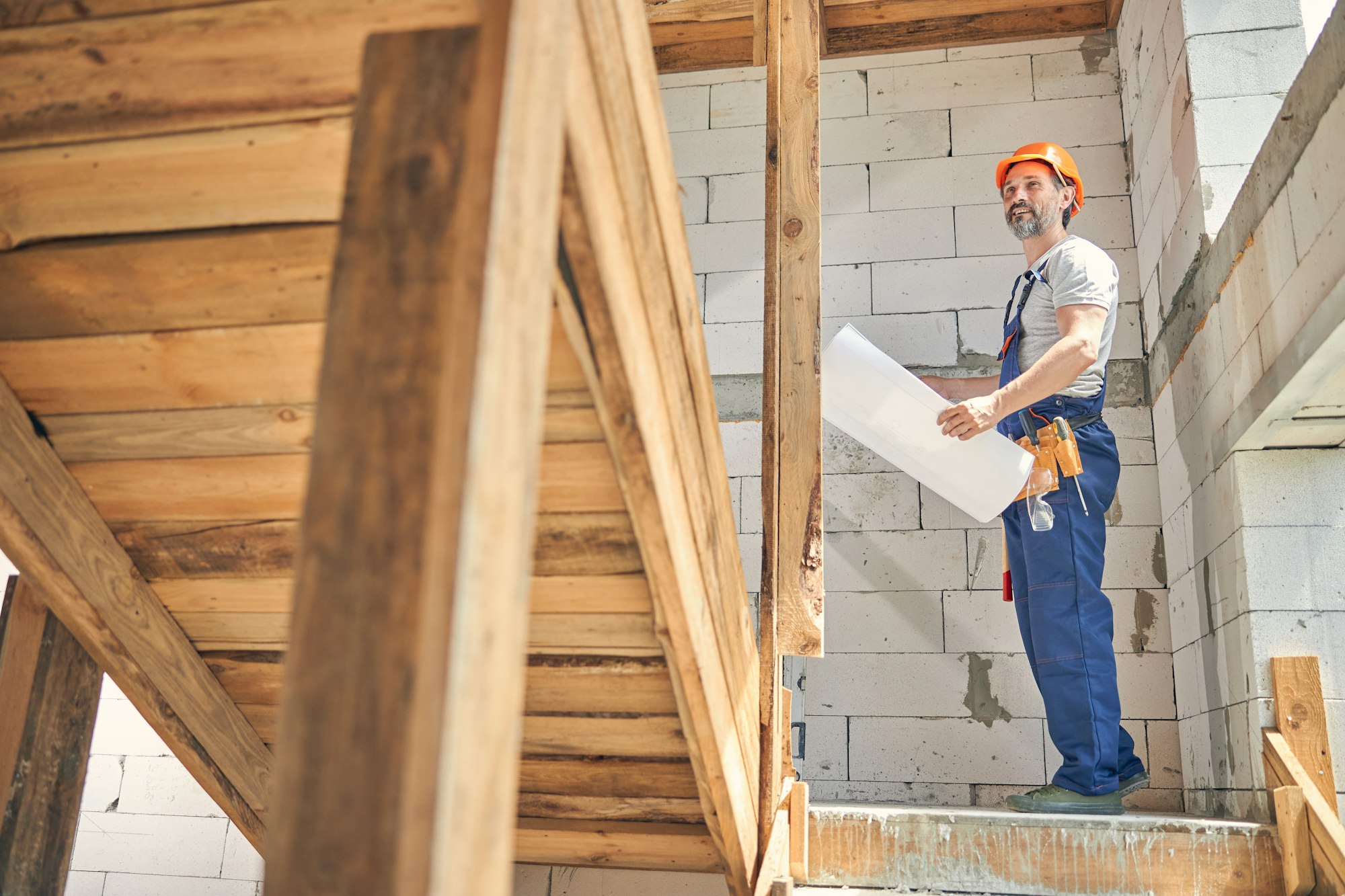
Your chosen builder should have a proven track record of delivering on their promises and exceeding expectations. A reputable builder can help you avoid costly mistakes during construction, as their experience enables them to foresee potential issues and plan accordingly. They are adept at managing and coordinating every phase of the project, from obtaining necessary permits to the final inspection.
Planning for the Unexpected: Contingency Funds
Accounting for unexpected expenses is an important aspect of the budgeting process. Even the most meticulously planned projects can experience unforeseen issues such as material delivery delays, weather-related construction setbacks, or sudden cost increases in materials or labor. Therefore, it’s a good rule of thumb to set aside about 10-20% of your budget as a contingency fund. This buffer helps ensure your custom home construction project stays on track financially.
Drafting a Detailed Budget for Transparency
In the extensive world of custom home construction, it’s not only about chalking up the big numbers, but also about understanding where each penny is being allocated. Creating a realistic budget that encompasses all aspects of the project will provide you with clarity on the total project cost and allow you to control and monitor expenses more efficiently. This step-by-step financial overview can help you in avoiding overspending and staying financially responsible.

Effective Ways to Stick to Your Budget
Undeniably, creating a comprehensive budget is the key to managing your custom build’s finances effectively. But it doesn’t stop there. Beyond devising the budget, planning and prioritizing your expenses come into play, along with cost-effective options.
Responding to Budget Overflows
Despite all the proactive measures, if you find your project exceeding the stipulated budget, don’t panic. There are several steps you can take to stay on course, like reviewing your budget to identify areas of overspending and seeking cost-saving measures. Remember, it’s essential to focus on the big picture when outlining your budget so that all necessary expenses are accommodated without straining your financial limits.
Factoring in Legal Fees and Permits
Starting your custom home build involves more than just selecting the perfect layout and design. It also requires an understanding of the legal expenses you’ll bear. When budgeting, it’s crucial to consider some hidden, yet necessary expenses, like legal fees and permits.
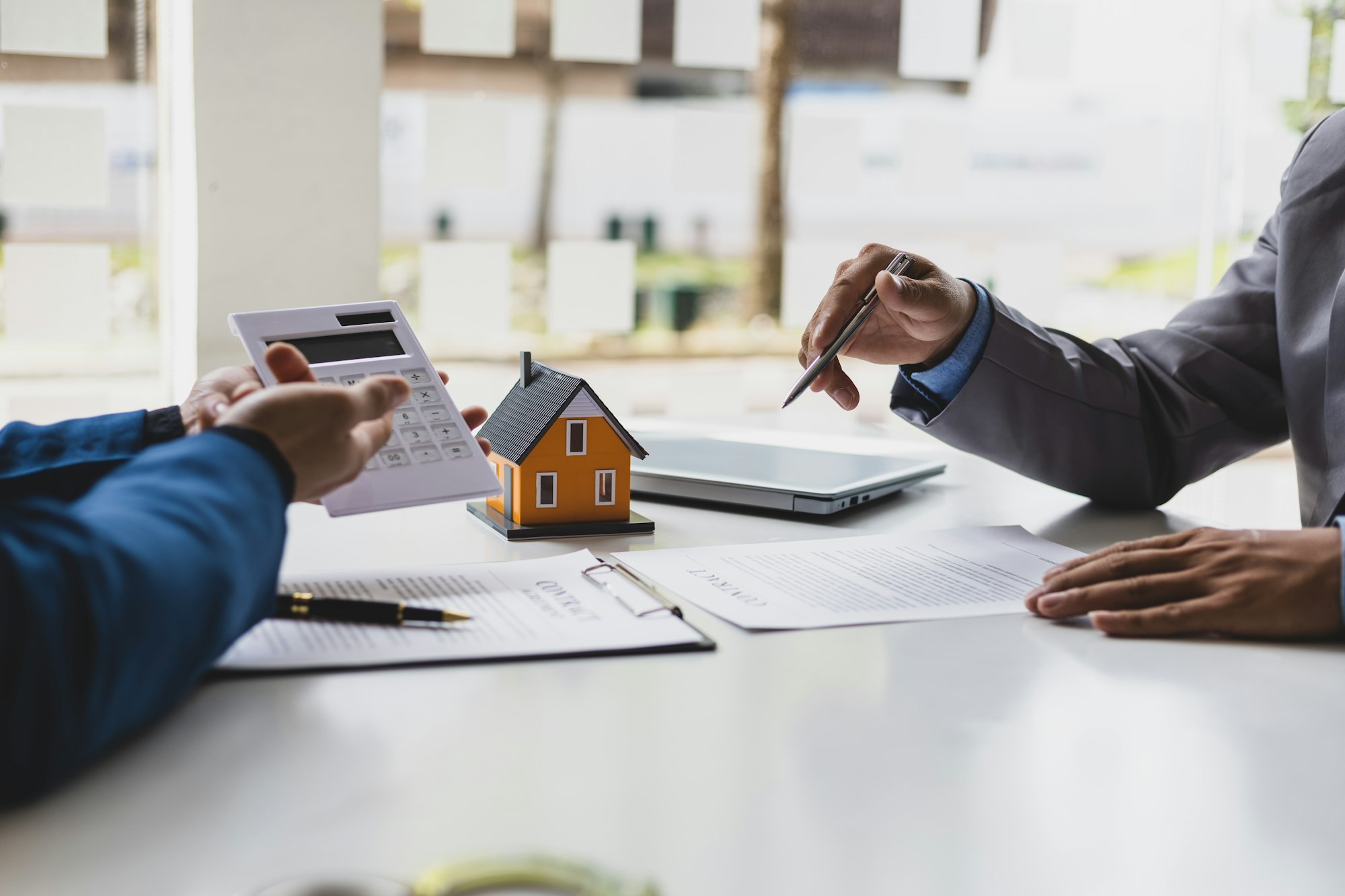
First, consider the permit costs. These are fees that local municipalities charge to ensure planned construction projects comply with local codes and regulations. They usually vary based on the scope of the project and location. Your builder can help estimate, but ensure you allocate enough funds for it in your budget.
Legal fees, often overlooked, can add significant costs to your custom home project. These fees might include hiring a construction lawyer to address land disputes or manage any potential litigation that might arise from the construction process. Yes, these extra charges might sound like a financial burden, but they are a necessary protective measure to avoid costly legal pitfalls.
Remember, estimating the cost of building a custom home is a complex process. Legal fees and permit costs can fluctuate, so being proactive and including them in your initial budget will lead to a smooth construction process and financial peace of mind.
Choosing the Perfect Building Site
Building a custom home doesn’t just start with the bricks and mortar; it begins with finding the right lot. The cost of land plays a significant role in the overall budget of your dream home, influenced by factors like location, availability of utilities, zoning, and surrounding property values.
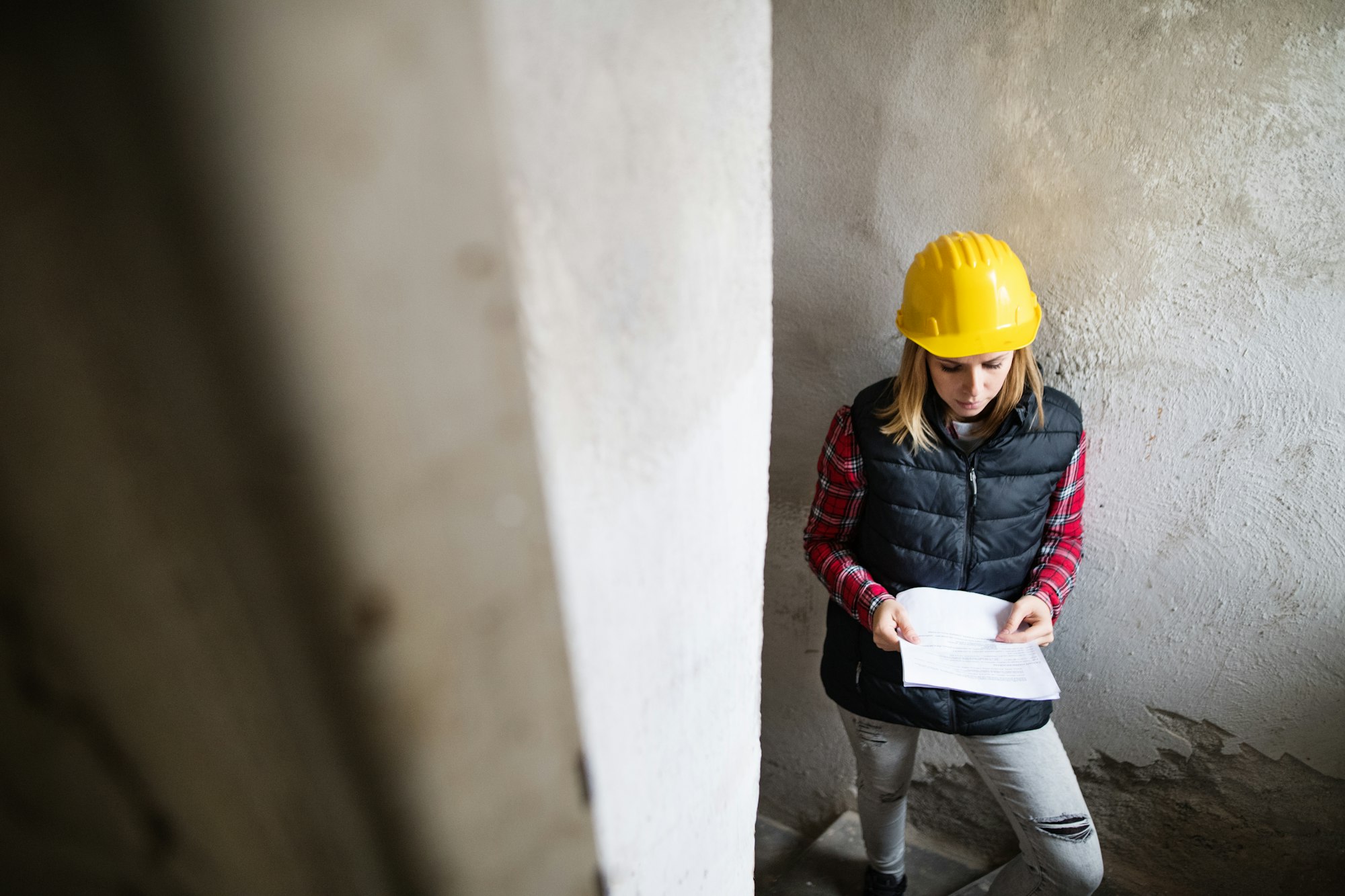
Location can significantly affect your budget. If you choose to build in an area with high property values and low crime rates, you can expect the land cost to be higher. On the flip side, an area with higher crime rates and lower surrounding property values is likely to cost less but may incur a higher long-term cost due to safety and security issues.
You also have to consider proximity to important services and amenities, like schools, emergency services, and utilities. Remember, connecting your custom home to utilities involves connection fees and labor costs, which should be factored into your budget.
Lastly, the zoning of your chosen lot may impact the type of house you can build and could involve additional site work costs such as grading, excavation, utility connections, and foundations. Overall, wisely selecting your building site involves balancing the cost of the land with the future value of your custom home.
Conclusion
Budgeting for a custom home build can certainly be a challenging task, but with careful planning and a thoughtful, deliberate approach, you can definitely navigate the variables in a way that ensures you bring your dream home into reality, without breaking the bank.
Take time to consider all aspects of your custom home build project: utilities, finishes, and any other elements that hold importance for you. Be sure to remain flexible and willing to compromise. Sometimes, it’s not about having everything you want, but appreciating the value of the things you need. Remember, the primary goal is to create a healthier, more comfortable home for you and your family.
Given your financial situation, take a moment to evaluate your savings, income, credit, and potential debts. This will help you create a realistic expectation and a practical budget. Only then should you hire contractors, suppliers, and take care of the finishing touches. Additionally, the benefits of choosing an experienced builder with a deep understanding of construction methods and costs cannot be overstated.
We know it’s a process, and it can be a daunting one if you feel like you’re walking through it alone. But remember, there’s always help available. Learn more about our services by browsing our website today, and let us help you build the home you’ve always envisioned.



